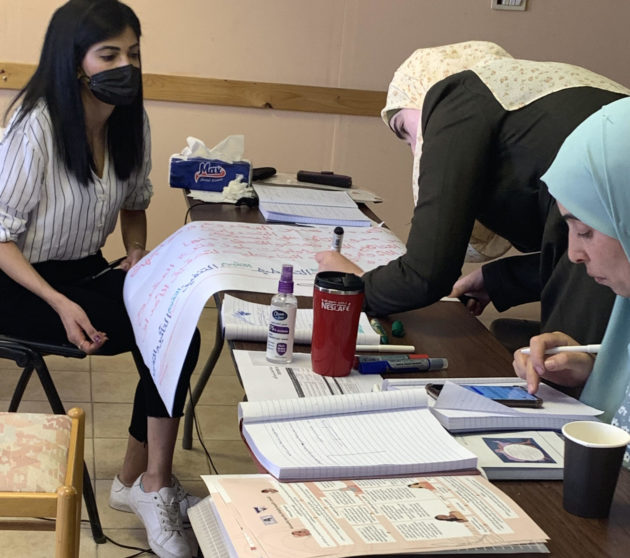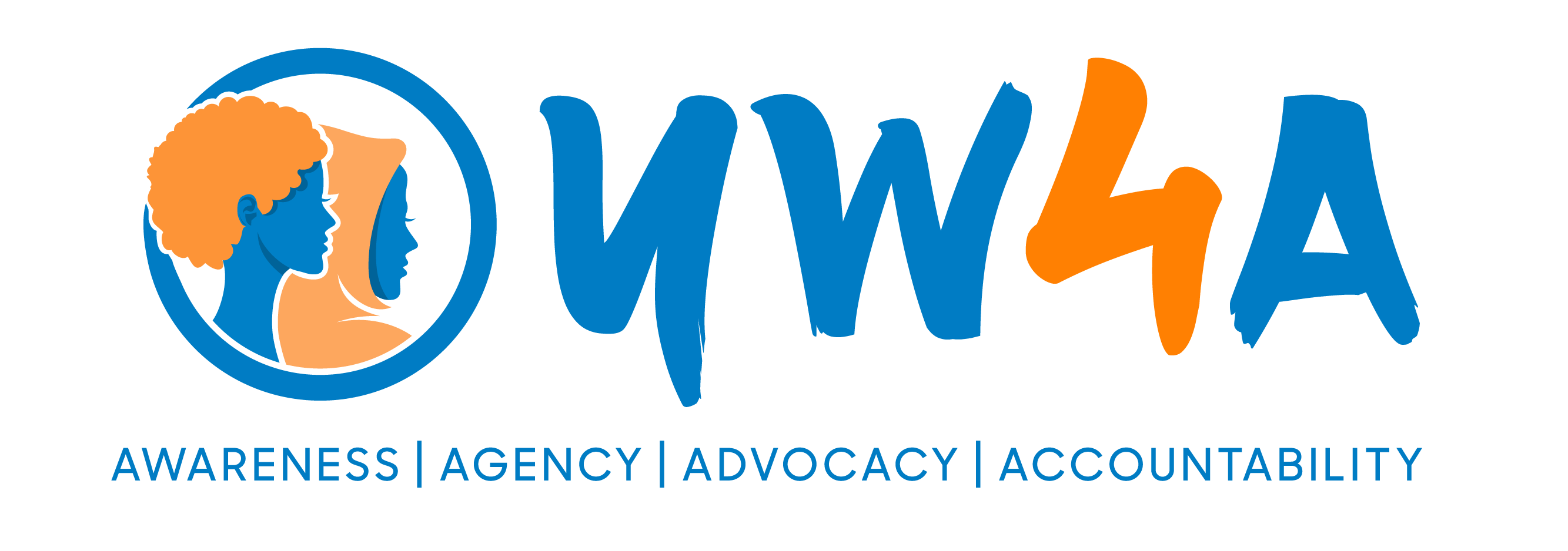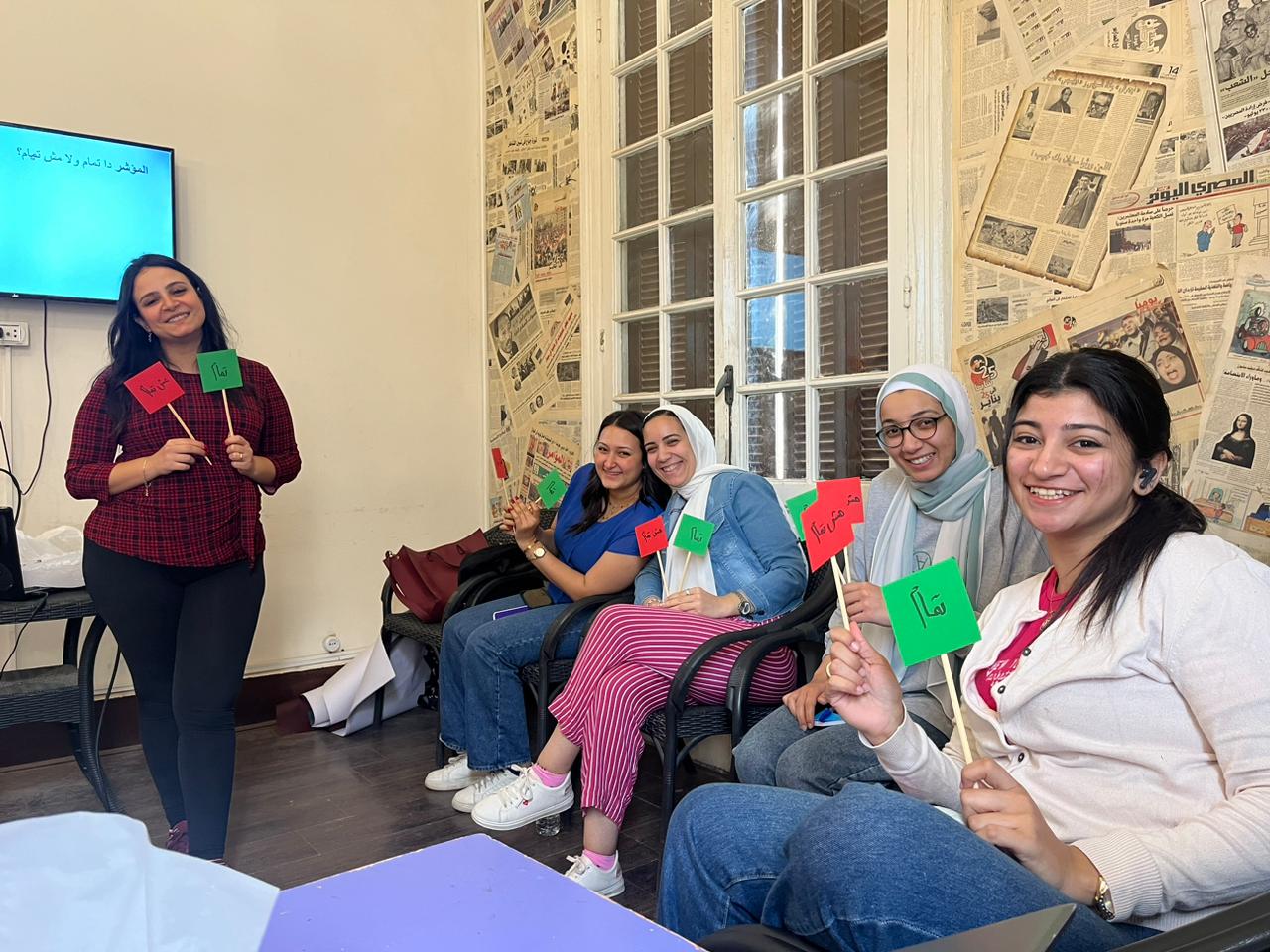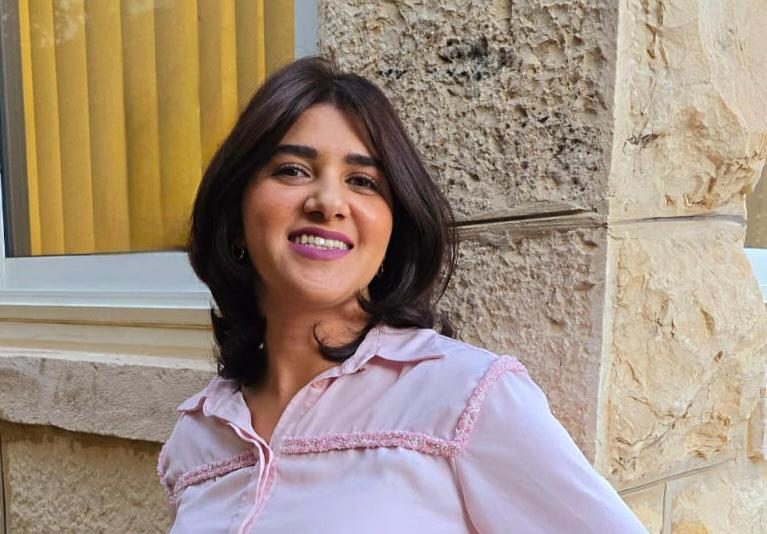
Women in the Africa and the Middle East face multiple layers of violence and discrimination, and lack of access to full human rights. The impact of the unpredictable COVID-19 pandemic has exacerbated these challenges.
This situation calls for deeper understanding and intensified efforts to contribute towards meaningful change for women and girls. Through the Young Women for Awareness, Agency, Advocacy, and Accountability (YW4A) programme, we work alongside our partners to defend and expand the fulfilment of the human rights of young women to dignity, bodily integrity and equal participation in decision-making, through the implementation of gender-just policies and laws.
This programme is implemented in Palestine, Egypt, Kenya, and South Sudan between 1 January 2021 and 31 December 2025. The programme’s long-term outcome is to strengthen and diversify young women’s participation and amplify their voices to effectively influence decision-making towards gender-just laws, policies, norms, and practices related to their bodily integrity and equal participation.
The programme’s goal will be achieved by:
- Strengthening the advocacy capacity of 27 women’s rights organizations (WROs) to amplify young women’s voices.
- Enhancing the leadership of 17,540 young women to effectively engage in collective action and decision-making in public, private, and civic spaces.
- Transforming social norms and practices of 22 faith-based organizations (FBOs) that constrain young women’s rights.
- Influencing the adoption, amendment, withdrawal, or effective use and implementation of 18 laws and policies towards promoting young women’s rights to leadership, participation, and ending SGBV.
Facilitating gender-transformative monitoring, evaluation and learning
Under the YW4A programme, KIT is responsible for designing the gender-transformative outcome monitoring, evaluation and learning (MEL). KIT is also responsible for the design and implementation of the WROs advocacy and organisational capacity assessment, the design of the individual WRO/FBO capacity development plans, and a collective learning agenda.
Moreover, KIT will support the partnership design of YW4A baseline studies and the outcome monitoring and learning at the mid-term and end-line of the programme.
The outcome MEL system and learning mechanisms are co-created with a young women reference group in each country. Young women have a key co-decision-making role in the MEL design. They will play a critical role contextualising the MEL in lived realities of young women and harvesting collective learning around changes in behaviour and practices of WROs, FBOs, state actors and young women groups throughout the project period.
Preliminary results
The first year of implementation focused on the design and integration of a gender-transformative approach to MEL processes and systems in the YW4A programme. At the core of this process, and in line with the feminist, inclusive and participatory approach of the YW4A programme, is the work with young women MEL reference groups in each country of implementation. These groups have been established and have defined qualitative indicators for each of the four project outcomes. These indicators have been integrated into the baseline studies and will be monitored throughout the project period.
KIT lead the design and implementation of baseline studies on WROs advocacy and organisational capacities, and on young women’s leadership capacities. For both studies, young women and staff from women’s rights organisations participated in facilitated self-assessment and participatory analysis workshops to establish their baseline situation.


